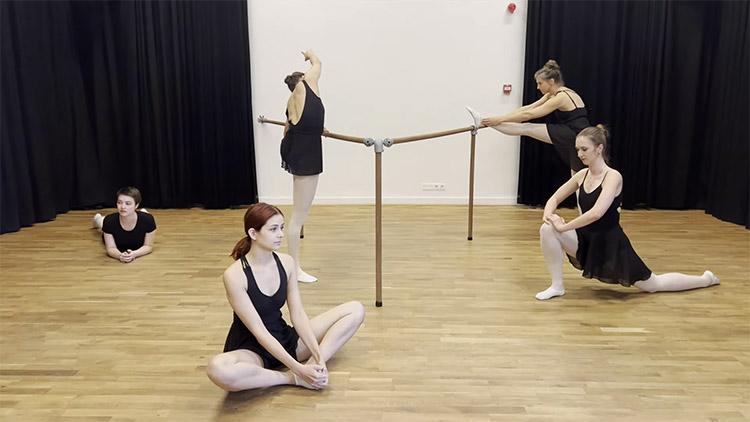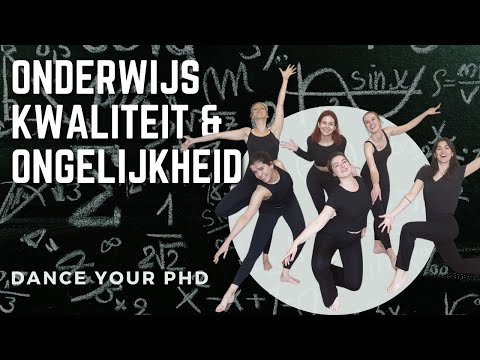Research about inequality in education
PhD candidate transforms thesis into choreography

Stienstra will submit a video of the dance routine to compete in an international contest called Dance Your PhD, organised yearly by the scientific journal Science.
In the video, Stienstra presents the main findings of the research she's conducted for the Faculty of Social Sciences, dancing alongside the Utrecht-based group LOF Dance Crew. The images were shot by her sister.
The importance of the classroom
Stientra's PhD thesis investigated the influence of the learning environment on disadvantages that can be explained by genetics or family background.
One of her conclusions is that the classroom a pupil ends up in can make a difference. A good "classroom environment", with quality teaching and a nice atmosphere, promotes study performance, especially among kids whose parents are not highly educated. Therefore, the learning environment can contribute to reducing inequalities among children.

Stienstra is not the only PhD candidate at Utrecht University to translate their thesis into choreography. Maartje de Jong won the Dance Your PhD competition in the Biology category in 2010 (article in Dutch, Ed.). Stienstra herself danced in the video of another PhD candidate, Nikae te Moller, who used to be part of LOF Dance Crew and defended a thesis about arthrosis.
"When I was finishing my thesis, I felt like making such a video myself to share my findings with a broader audience," Sienstra tells DUB in an e-mail. "I've worked on my thesis for four years and I've been part of this dance crew for the same amount of time. So, I thought it'd be nice to unite these two interests of mine."
The video hasn't been online for long, but Stienstra has already received many positive comments. Most of them are from "colleagues who are familiar with my work and enjoyed watching my research come to life like that," she explains. In addition, she says that the dancers realised that dance can be used in a different way than the one they are used to. "They told me they've learned a lot about my research while performing the routine and watching the resulting video."
Stienstra currently works at the European University Institute in Florence. Her PhD defence will be live-streamed through this link on Friday and her thesis can be downloaded here.